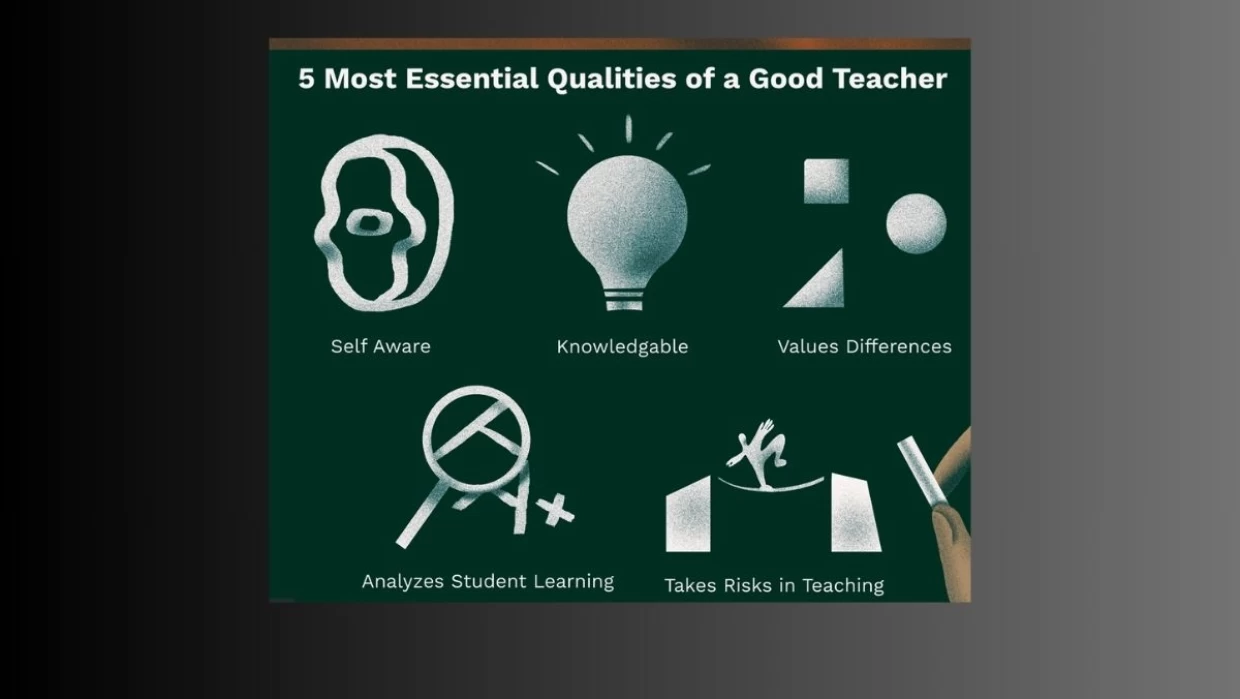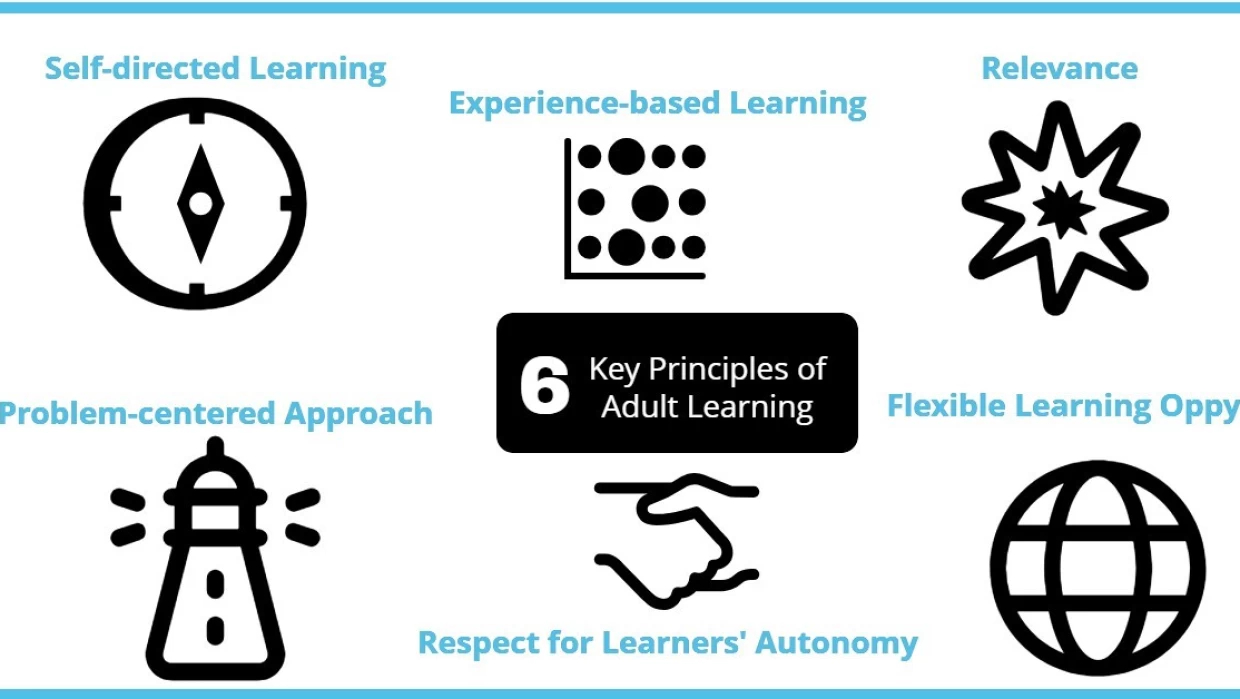How to Become a Business Manager
Are you interested in a career that combines leadership, strategy, and operations? Becoming a business manager in Australia might be the perfect fit for you. Business managers are vital to any organization, responsible for steering companies toward success through effective planning and coordination.
To become a business manager in Australia, you need a strong educational foundation, relevant certifications, and a diverse skill set.
This guide outlines each step, from education to gaining the necessary experience, to help you succeed in this dynamic field.
What is a Business Manager?
A business manager oversees the daily operations of a company or department. They are responsible for ensuring that business goals are met through effective planning, organization, and coordination. Business managers are key players in driving growth, managing resources, and leading teams to achieve success.
What Does a Business Manager Do?
Business managers have a wide range of responsibilities that can vary depending on the industry and size of the organization. Some typical tasks include:
Strategic Planning: Developing long-term strategies to meet company objectives.
Team Leadership: Leading and motivating teams to achieve their best performance.
Budget Management: Overseeing financial resources and ensuring cost-efficiency.
Performance Evaluation: Monitoring and assessing the performance of employees and departments.
Communication: Serving as a liaison between different departments and stakeholders.
Industry Variations: In different sectors, such as finance, healthcare, or technology, the specific duties of a business manager may vary, but the core responsibilities of leadership, organization, and management remain consistent.
Do Business Managers Need Certifications?
While not always mandatory, certifications can greatly enhance a business manager's credentials and job prospects. Certifications demonstrate a commitment to professional development and can provide specialized knowledge that sets candidates apart in the job market.
Types of Certifications:
Certified Business Manager (CBM): Recognized credential that covers essential business management skills.
Project Management Professional (PMP): Certification that focuses on project management principles.
Six Sigma Certification: For those looking to specialize in process improvement.
Step-by-Step Guide to Becoming a Business Manager in Australia
Step 1: Understand the Education Requirements
Basic Educational Requirements:
Bachelor's Degree: Start with a bachelor's degree in business administration, management, or a related field. This foundation covers essential subjects such as marketing, finance, accounting, and organizational behaviour, providing you with a comprehensive understanding of business principles.
Government Resources: Visit the Australian Government’s My Skills website for information on available courses and qualifications in business management.
Advanced Education:
Master’s in Business Administration (MBA): Consider pursuing an MBA to deepen your knowledge in business operations, strategic thinking, and leadership. An MBA can enhance your credentials and prepare you for more advanced roles in management.
Specialized Programs: Look for MBA programs offering concentrations in areas like finance, marketing, or international business to tailor your education to your career interests.
Step 2: Develop Essential Skills
Core Skills for Business Managers:
Leadership: Cultivate the ability to inspire and lead teams by setting clear goals and providing motivation. Leadership training and workshops can enhance these abilities.
Communication: Develop strong verbal and written communication skills to effectively interact with employees, clients, and stakeholders. Practice active listening and clear articulation of ideas.
Analytical Thinking: Improve your ability to analyze data and identify trends. Courses in data analysis and critical thinking can strengthen these skills.
Time Management: Learn to efficiently manage time and resources to meet deadlines. Tools like project management software can help improve time management skills.
Problem-Solving: Enhance your ability to think quickly and solve problems effectively. Engage in activities that require strategic thinking and adaptability.
In-Demand Skills:
With the rise of digital technology, focus on developing skills in data analytics, digital marketing, and project management. These skills are highly valued and can set you apart in the job market.
Step 3: Study the Right Course
Course Recommendations:
Select courses that offer a mix of theoretical knowledge and practical application. Look for programs with real-world case studies, internships, and project-based learning to gain hands-on experience.
Institutions Offering Courses:
Explore reputable institutions in Australia that offer business management courses. Consider both online and in-person options to find a program that fits your schedule and learning preferences.
Step 4: Gain Relevant Experience
Pathways for Graduates:
Internships: Secure internships or entry-level positions in management or related fields to gain practical experience and build a professional network.
Job Shadowing: Participate in job shadowing opportunities to learn from experienced managers and gain insights into the daily responsibilities of a business manager.
Career Change Guidance:
For professionals transitioning into management, consider enrolling in part-time courses or obtaining certifications that complement your existing skills and align with your career goals.
Step 5: Utilize Recognition of Prior Learning (RPL)
Recognition of Prior Learning allows you to have your existing skills and experience recognized toward obtaining a formal qualification. This process can be beneficial if you have substantial work experience in a related field. RPL can save time and money by reducing the amount of study needed to achieve a qualification. It allows you to build on your existing skills and move more quickly into management roles.
Step 6: Tips for Meeting Manager Qualifications
Practical Tips:
Seek Mentorship: Find mentors in the industry who can provide guidance, share their experiences, and support your career growth.
Guidance: Mentors can provide valuable insights into the industry, helping you understand the necessary skills and qualifications required for management positions.
Experience Sharing: Mentors can share their career journeys, including challenges they faced and how they overcame them, offering you a realistic view of the path to management.
Career Growth Support: Regular interactions with mentors can help you identify areas for improvement, set career goals, and develop a strategic plan for advancing to a managerial role.
Average Salary and Career Opportunities for a Business Manager in Australia
Average Salary
The average salary of a business manager in Australia can vary significantly based on factors such as industry, location, experience, and the size of the organization. On average, business managers in Australia earn between AUD $105,000 and AUD $125,000 annually. However, those with extensive experience and specialized skills, particularly in high-demand sectors such as finance, technology, and healthcare, can earn upwards of AUD $150,000 or more per year. Salaries also tend to be higher in major cities like Sydney and Melbourne, where the cost of living and demand for skilled managers are greater. Business Manager Salary in Australia (August, 2024) – SEEK
Career Opportunities
A career as a business manager offers diverse opportunities across various industries. Business managers are essential in both private and public sectors, overseeing operations, leading teams, and driving organizational growth. Their responsibilities can include strategic planning, financial management, project oversight, and human resources management.
Industry Variety: Business managers can work in virtually any industry, including finance, healthcare, technology, retail, and manufacturing. This diversity allows professionals to align their careers with their interests and expertise.
Career Progression: With experience, business managers can advance to senior roles such as Director of Operations, Chief Operating Officer (COO), or even Chief Executive Officer (CEO). Career advancement often involves gaining additional qualifications, such as an MBA, and demonstrating leadership capabilities.
Skill Development: A business management career provides opportunities to develop a wide range of skills, from leadership and communication to financial acumen and strategic thinking. These skills are transferable across industries, enhancing career mobility and adaptability.
Ready to Grow Your Management Expertise…?
If you are looking to advance your expertise, consider enrolling in courses that offer advanced business strategies and leadership techniques, like
Leadership management
Diploma of Leadership Management
Lop offers programs designed to enhance management skills and prepare professionals for leadership roles.
Becoming a business manager in Australia involves a combination of education, skills, and experience. Whether you are just starting or looking to advance your career, there are ample opportunities for growth and development in business management.
Explore management courses and certifications to enhance your career prospects and become a successful business manager with Lop.
FAQ
How can I go into business management?
Answer: At the undergraduate level, candidates can choose courses such as Bachelor of Business Administration (BBA), Bachelor of Management Studies (BMS), and Integrated MBA. Students who have completed Class 12 from a recognized board may apply. Students in class 11 can also apply for and take the admission tests.
What are the four sorts of managers in business?
Answer: Managers are classified into four categories: top-level managers, middle managers, first-line managers, and team leaders. These jobs differ not just in their day-to-day tasks, but also in their overall role within the business and the sorts of personnel they oversee.
Are business managers and business executives the same thing?
Answer: The answer to this question depends on the firm or organization for which you work. Some organizations use the phrase interchangeably. Others refer to business managers as leaders, while the term business executive is reserved for someone in a C-suite position inside the corporation.
What is the responsibility of a business manager?
Answer: Monitors the activity of other employees. Recruits, trains, and assesses new personnel. Ensures that a firm or department is on track to achieve its financial objectives. Reports to other executives or the owner personally.
Is a business manager the boss?
Answer: A business manager is a supervisor who oversees and supervises the staff and operations of a company or department. They work to maintain the firm productivity, efficiency, and structure at all times by implementing operational strategies, conducting performance reviews, and managing all daily activities.
What is the ideal degree for a company manager?
Answer: Business administration and management majors study firms from the standpoint of a general manager. Their education often focuses on how different sectors of a company interact to develop strategic decision-making abilities.




































We would be delighted if you could get in touch with us.
Your email address will not be published. Required fields are marked